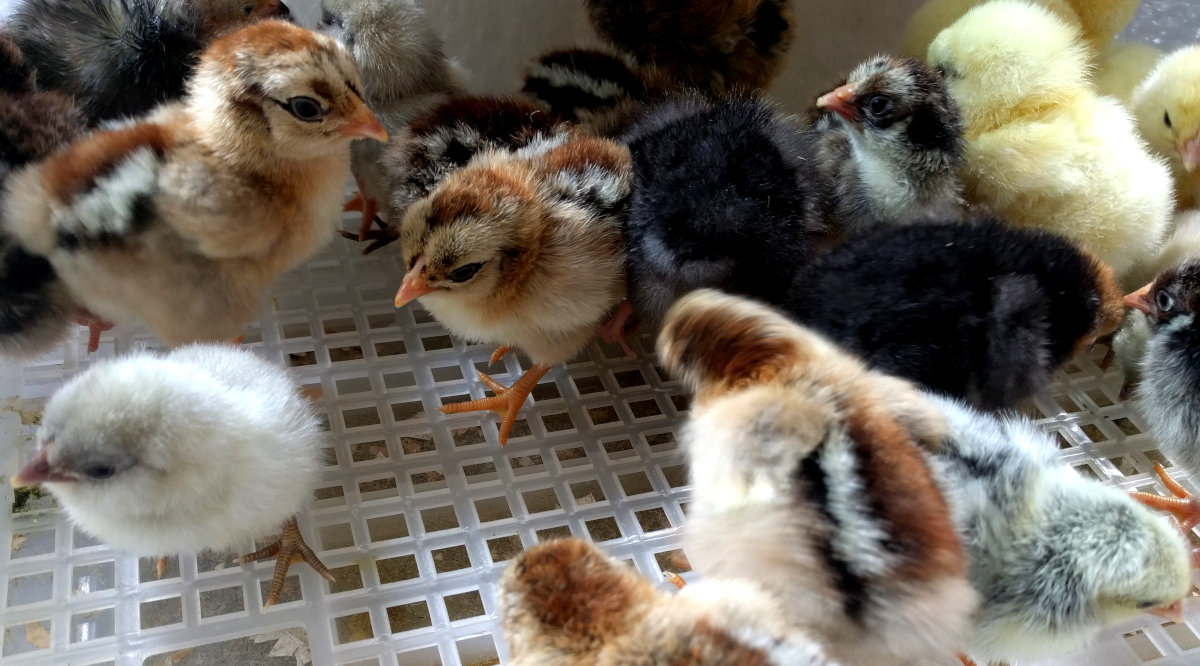Should I put food and drinking water in the incubator?

You do not need to and should not put food and drinking water in the incubator.
Newly hatched baby chicks kick, struggle and run around once they hatch and the food and water will get everywhere and make a huge mess inside the incubator. It will stick to the chicks and they will begin to peck each other.
The chicks will get all the nutrients they need from the yolk of the egg until they hatch and for up to 72 hours afterwards.
After they hatch, they will need to be moved to a brooder where they will have access to food and water.
A long time ago when equipment was less reliable my brooder failed and it was a weekend and I couldn't get the spares I needed so I tried putting food and water in the incubator.
I though to myself " It's only one night", how much of a problem can it be. The resulting mess was really bad and caused some rusting of the egg turning mechanism which ended up costing me a fortune to replace.
Below: Chicks in the incubator will be stumbling around and food and water will spill and make a mess.
However, you do need to put water in the incubator to maintain the correct humidity level but the baby chicks won't have access to it.
The ideal humidity level for hatching chicken eggs is 60 to 75%. You can add water to the incubator by placing a bowl of water in the bottom, or by using a sponge to moisten the air.
It is important to keep an eye on the humidity level and to adjust it as needed. If the humidity is too low, the eggs will dry out and the embryos will die. If the humidity is too high, the eggs will become damp, possibly mouldy and the embryos will also die.
It is important to provide food and water for chicks once they hatch but only after they have been taken from the incubator to the brooder and not before.
When the chicks are ready to be moved from the incubator to a brooder, you should provide them with a clean and secure space that includes a waterer and a feeder.
Water is essential for the chicks' hydration, digestion, and overall health but they can do without for the day or so it takes to them to dry and fluff up in the incubator.
Make sure to use a waterer specifically designed for chicks to prevent drowning. It should be shallow, easily accessible, and cleaned regularly to maintain hygiene.
As for food, you should provide a proper chick starter feed specifically formulated for their nutritional needs. The feed should be easily digestible and contain the necessary nutrients for healthy growth. Place the feeder in the brooder, making sure it is easily accessible for the chicks.
It's important to monitor the water and food regularly, ensuring they are clean and replenished as needed. Additionally, maintain a warm and comfortable temperature in the brooder, and provide a suitable bedding material for the chicks.
Remember, proper nutrition and care are crucial for the chicks' development and well-being. Consulting a local expert or referring to a reliable resource on raising chicks can provide you with detailed guidelines for their specific needs.
